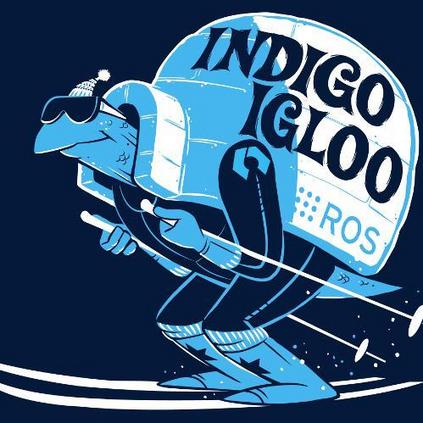The complexity of today's robot control systems implies difficulty in developing them efficiently and reliably. Systems engineering (SE) and frameworks come to help. The framework metamodels are needed to support the standardisation and correctness of the created application models. Although the use of frameworks is widespread nowadays, for the most popular of them, Robot Operating System (ROS) version 1, a contemporary metamodel, has been missing so far. This article proposes a new metamodel for ROS (MeROS), which addresses both the running system and developer workspace. For compatibility with the latest versions of ROS 1, the metamodel includes the latest ROS 1 concepts such as nodelet, action, and metapackage. An essential addition to the original ROS concepts is the grouping concepts, which provide an opportunity to illustrate the decomposition of the system, as well as varying degrees of detail in its presentation. The metamodel is derived from the requirements and then verified on the practical example of the Rico assistive robot. The matter is described in the SysML language, supported by standard development tools to conduct projects in the spirit of SE.
翻译:在当今机器人控制系统的复杂性方面,有效且可靠地开发它们是有困难的。此时,系统工程和框架会提供帮助。需要框架元模型来支持所创建应用程序模型的标准化和正确性,虽然使用框架在当今得到了广泛应用,但对于最受欢迎的Robot Operating System (ROS)版本1而言,它没有一个现代的元模型。本文提出了一个针对ROS的新元模型(MeROS),它涉及到正在运行的系统和开发人员的工作空间。为了使得该元模型与ROS1的最新版本兼容,元模型包括了最新的ROS1概念,例如nodelet,action和metapackage。对原始ROS概念的一个重要补充是分组概念,它提供了描绘系统分解以及在呈现上不同详细程度的机会。该元模型是从需求中衍生而来的,然后在Rico辅助机器人的实际示例上得到了验证。此问题在SysML语言中描述,使用标准开发工具来进行SE精神的项目。


